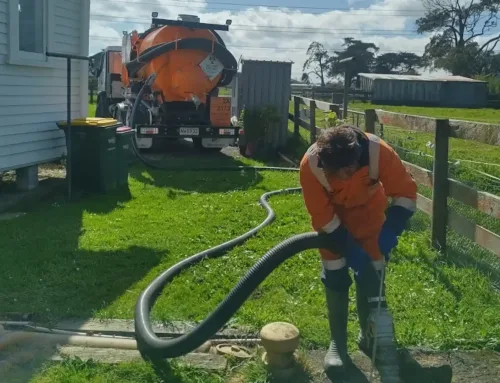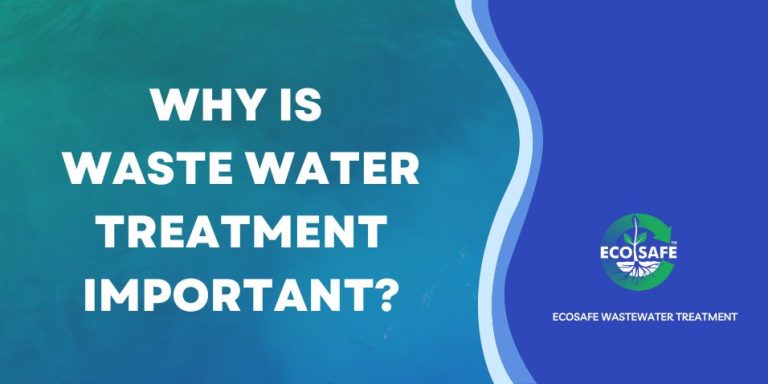About Reclaim Waste
About Reclaim Waste
Blog Article
The smart Trick of Reclaim Waste That Nobody is Talking About
Table of ContentsNot known Details About Reclaim Waste The Ultimate Guide To Reclaim Waste10 Simple Techniques For Reclaim WasteThe 6-Minute Rule for Reclaim WasteThe smart Trick of Reclaim Waste That Nobody is Discussing
Explore the kinds, occurrences, and types of liquid waste. Residential sewer waste refers to the waste and items from a property septic system. This type of waste is developed by human beings in homes, institutions, and various other structures. This only consists of septic systems that have a drain area. The appropriate administration and disposal of domestic sewage waste require fluid waste to be moved to a sewage treatment plant where the correct techniques and tools are related to cleanse and dispose of waste.
Commercial waste often includes prospective dangers, such as combustible materials or a mixture of fluid and solid waste products, and needs a much more sophisticated and detailed disposal process. The disposal of commercial waste commonly involves the filtration of waste before transportation to guarantee risk-free and correct disposal. Hazardous waste is developed from byproducts and drainage of commercial processes and manufacturing.
This type of waste can not utilize the exact same sewage management transportation or procedures as septic or business liquids. The hazardous waste management process needs the examination and testing of liquid waste before it undertakes the disposal process (liquid waste disposal melbourne). Runoff waste is the liquid waste that comes from runoff and excess stormwater in very booming areas or cities
Overflow waste can create contamination and flooding if not taken care of appropriately. Making sure proper waste monitoring can stop calamities and lower environmental injury.
How Reclaim Waste can Save You Time, Stress, and Money.
Get in touch with PROS Services today to find out about our waste administration and disposal solutions and the appropriate ways to look after the fluid waste you generate.
(https://reclaimwaste1.start.page)Do you understand what happens to your water when you disengage, flush the commode or drain pipes the washing machine? No? Well, it's worth recognizing. This so-called 'wastewater' is not just an important resource yet, after therapy, will certainly be released to our land, rivers or the sea. Used water from commodes, showers, baths, kitchen sinks, washings and commercial procedures is known as wastewater.

water made use of to cool equipment or tidy plant and equipment). Stormwater, a form of wastewater, is runoff that flows from agricultural and city locations such as roofing systems, parks, gardens, roads, paths and gutters right into stormwater drains, after rainfall. Stormwater moves unattended straight to local creeks or rivers, ultimately getting to the sea.
All about Reclaim Waste
In Queensland, a lot of wastewater is treated at sewer therapy plants. Wastewater is transferred from residential or commercial sites through a system of sewage systems and pump terminals, understood as sewage reticulation, to a sewer therapy plant.
The Division of Natural Resources suggests local governments about managing, operating and keeping sewage systems and treatment plants. In unsewered locations, local federal governments may call for homeowners to install private or home sewer therapy systems to treat residential wastewater from commodes, kitchens, restrooms and laundries. The Division of Natural Resources authorizes using home systems when they are confirmed to be effective.
A lot of stormwater obtains no treatment. In some brand-new neighborhoods, therapy of some stormwater to eliminate clutter, sand and crushed rock has started making use of gross pollutant traps. Wastewater treatment occurs in four stages: Gets rid of strong matter. Larger solids, such as plastics and various other objects wrongly discharged to drains, are gotten rid of when wastewater is travelled through displays.
Wastewater then streams right into huge storage tanks where solids resolve and are gotten rid of as sludge. Oil and scum are skimmed from the surface. Uses small living microorganisms called micro-organisms to damage down and get rid of remaining dissolved wastes and great particles. Micro-organisms and wastes are integrated in the sludge. Eliminates nitrogen and phosphorus nutrients that might trigger algal blossoms in our waterways and intimidate water life.
The Definitive Guide to Reclaim Waste
Nutrient removal is not available at all sewage therapy plants due to the fact that it requires costly specialized devices. Clear fluid effluent created after therapy may still have disease-causing micro-organisms - liquid waste disposal melbourne.

A lot of wastewater flows into the sewerage system. Under the Act, regional federal governments carry out approvals and licences for ecologically pertinent activities (Periods) including wastewater launches that may have a local impact.
Not known Facts About Reclaim Waste
Tracking provides factual info concerning water top quality and can verify that permit conditions are being fulfilled. The details acquired with surveillance supplies the basis for making water quality choices.
Report this page